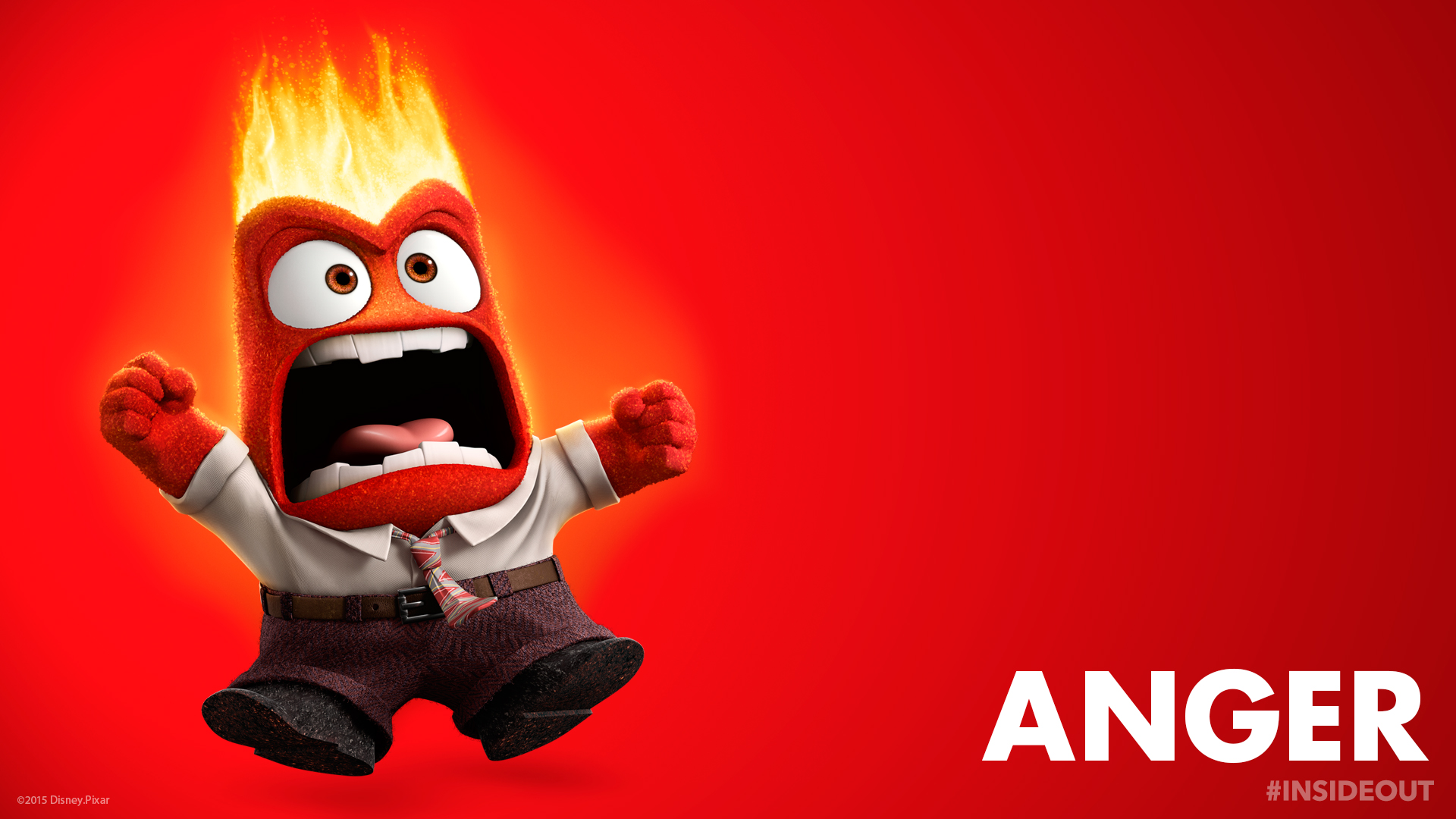HOW ANGER CAN "SAVE" AND "KILL" YOU!
.jpeg)
Anger can be a quite useful emotion to come out of situations of personal abuse, but in the long run can be detrimental to you.
Let me explain, the thing about anger is that a double sided emotion in relation to the healing process. When you first wake up from a toxic relationship or narcissistic abuse, among others, it is normal to feel anger. The energy of anger can motivate you to take action to defend your rights, your boundaries, your life, even save you from further abuse.
On the other hand, if in the long run, you still haven't process and released all the anger, that means that the emotional attachment to the abuser is still there, and ultimately you are not totally free yet. You are conditioned by past memories and events that will tint your present moment, your effectiveness, and ability to find peace in your life.
Freedom comes when one day you are able to look back to your past, remember the abuse that you went through but you no longer feel disturbed by it, there is no more emotional reaction to it, then you move your life forward without being hijacked by your past.
Jaime Grace
Psychotherapist
Hi @Jaime, I would like to add that it's important to differentiate between healthy, natural anger and blind, long-term hate.
I've actually just written an article on a similar topic, I guess you might find it interesting: https://steemit.com/philosophy/@lifenbeauty/is-it-good-to-be-a-highly-moral-person
Cheers!
Hi @lifenbeauty thanks for your comment. Just a note, if you want to differentiate between the differents levels and states related to anger is preferable not to use a language where a judgment is implicit like in healthy as opposed to non healthy, or blind as opposed to non blindness. I would suggest first to differentiate between the emotion - anger - and the acting out of the emotion, and also between short and long term.
The emotion of anger acts as a warning system that our boundaries and needs are not being met or even more, violated. The acting out of the emotion can either be proportional to the amount of abuse, or disproportionate, in this last case causing more damage than the initial abuse. Another aspect to consider is the internal locus of control, which is to say the psychological internal system that manages the starting and ending of the acting out behavior. If the person is able to stop the acting out behavior but unable to stop the cognitive feedback loop might result in long term rumination of angry thoughts (which have negative effects on the body physical systems - somatic - and can also influence deficients patterns of relationship). This is just a brief approach to the subject.
Thanks for the link to your article, I'll be glad to take a look at it.
Cheers!
Thanks a lot for the insight and the elaboration, well clarified.
Just one note: "The acting out of the emotion can either be proportional to the amount of abuse, or disproportionate, in this last case causing more damage than the initial abuse." - The damage also depends on external factors, for example if the abuser is much more powerful than us, it might be less damaging to act out with disproportionally low anger than to act our with proportional anger. Would you agree?
What you are talking about is the negation of acting out. It is the refrain from acting out the behavior due to the perception of the opponent being more powerful. So you can have not acting out (which is this case that you are mention), or acting out as one does in self defense (proportional), or in case of disproportionally like in domestic violence.